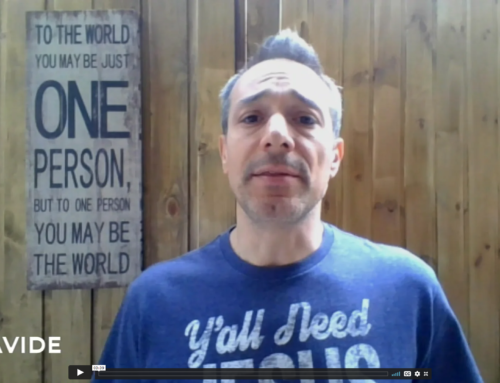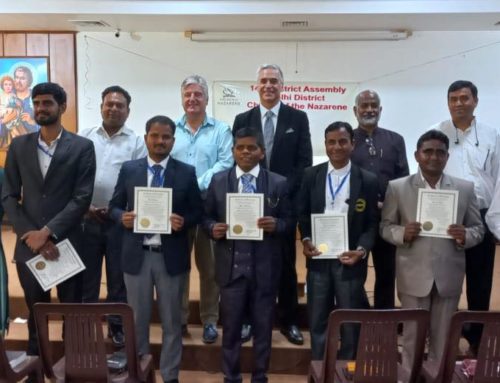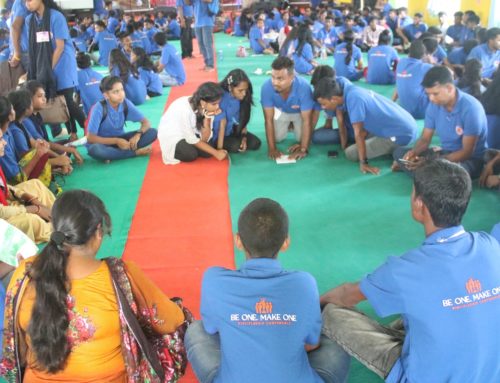Sergey* is a young pastor in a small community Kazatin. Last year, Nazarene Compassionate Ministries (NCM) in Ukraine provided him with a small loan to start a used cell phone shop. Sergey has been faithfully paying back the loan every month.
The small business loan is enabling Sergey to secure the necessary resources to support his family, while at the same time supporting the local church economically, said Trino Jara, the district superintendent of Ukraine and NCM coordinator in the Commonwealth of Independent States (CIS).
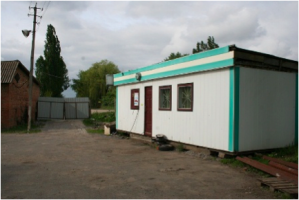 For the past five years, economic development has been part of Nazarene ministry in Ukraine, with the intent to create much-needed job opportunities while also funding church ministry.
For the past five years, economic development has been part of Nazarene ministry in Ukraine, with the intent to create much-needed job opportunities while also funding church ministry.
In 2010, NCM shifted to the “micro-loan” concept after previous investments in bigger job-creating projects did not produce the projected revenue, partly due to lack of experience of the people involved in implementation.
“To start small is a virtue and to grow from there is an opportunity,” said Jara.
“Self-help” groups save money together. Once the group saves enough money, they grant loans to their members. This is a very strong system of empowering people that is successfully at work in India and Bangladesh.
While such groups are self-managed, the district – with the help of NCM as a partner – provides the group with seed capital to start the loaning process. Their financial investment may be recovered or reinvested in the group, helping more destitute people to participate.
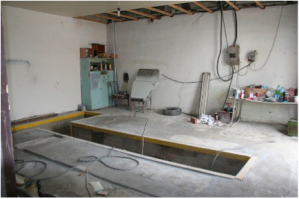 Small business initiatives are proving to be successful when people receiving the benefits – and the organization lending the resources – practice a three-step model: Training (administration, accountability, quality control and marketing); equipping (equipment, tools, materials, transport and utilities); and follow-up (a monitoring and evaluation process to secure good management, transparency, and integrity of the business).
Small business initiatives are proving to be successful when people receiving the benefits – and the organization lending the resources – practice a three-step model: Training (administration, accountability, quality control and marketing); equipping (equipment, tools, materials, transport and utilities); and follow-up (a monitoring and evaluation process to secure good management, transparency, and integrity of the business).
One example is the Turpov tire repair business that started a few years ago. This small business is generating economic resources to fund the Turpov prison ministries and the transition home where recently released prisoners can stay while they readapt to society.
NCM is starting various other experiences with self-help groups and this year they hope to have an economic development conference where experienced Nazarenes who have been involved in this kind of economic activity will train the local leaders.
“We are excited about the possibility of helping our church people to develop economic activities that will contribute not only to improve their sources of income, but also the support for the local church,” said Jara.
*Full name withheld for privacy.
{loadposition user2}

